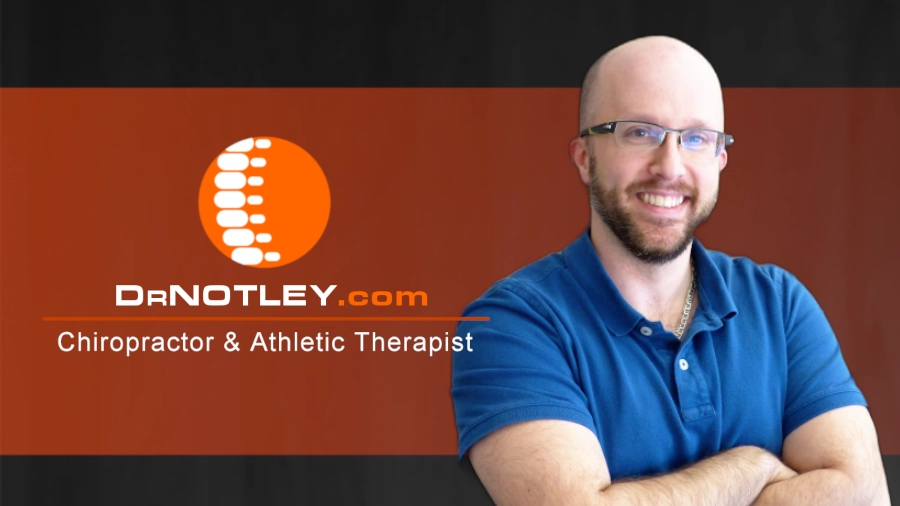Runners, walkers, gym rats, crossfitters can have problems with performing a squat or single leg squat. I use the single leg squat to assess my patients because a large portion of running, walking, and “doing” stairs is performed on one leg. One of the tell-tailed signs of a poor single leg squat, or squat for that matter, is what is known as knee valgus. We often can see this problem when a person, more often in women, performs a squat or when they land from a jump. Note, in the video, how the knees buckle in towards each other.
If this movement occurs during a low intensity activity like the one leg squat or squat what happens when the athlete performs this movement with greater intensity or higher volume? What sort of strain can be placed on the structures of the foot, ankle, knees, hips and/or lower back?
There are a number of reasons that the knee will go into valgus. Common reasons are that the athlete has limited ankle mobility (the ability to bring the top of the foot towards the shin), poor quadriceps strength, poor hamstring activation, poor movement patterning (they may have learned the move improperly or adapted due to previous injuries) or they have poor activation of the gluteus medius muscles. The knee valgus is only a sign of another problem.
In my practise if I see problems with the squat and one leg squat I check out these causes. To assess for activity of gluteus medius I will use the hip abduction test. Then I’ll do the maneuvers in the following video by Dr Liebenson.
I’ve seen the positive affect of this exercise first hand. By pushing with the bottom hand I can see patients become stronger with hip abduction. So it is obvious that the hip abductors (glute medius/minimus) are not weak. So what is the problem? It could be that the person doesn’t activate their “core” adequately. It could be that we are strengthening the chain of tissue that spirals from the pectoralis major to the obliques to the hip abductors; strengthening the weakest link of a chain makes the entire chain stronger.
To further turn on this hip musculature Dr Liebenson takes his test and has the patient activate their core and then use the hip through abduction. In essence, we are teaching the hip to work independent of the “core”; thus turning on the muscles around the hip. After doing a few reps to practise this movement then we reassess the one leg squat. Does this make a difference? If yes, then we need to repeat this activity or challenge it more.
At recent seminar with Dr Liebenson we saw people with pain during the one leg squat experience no pain after performing this simple exercise. We also saw the quality and the ease of movement improve in others. It can be quite a powerful exercise.
Finding these powerful exercises, that seem to miraculously improve a persons function/performance or reduce their pain, is such an enjoyable part of my practise.
There are multiple ways to activate the glute medius but that is one place to start.
Dr Notley
P.S. I’m here to help you move better, feel better and/or perform better
Originally posted on May 17, 2022 @ 4:37 pm
